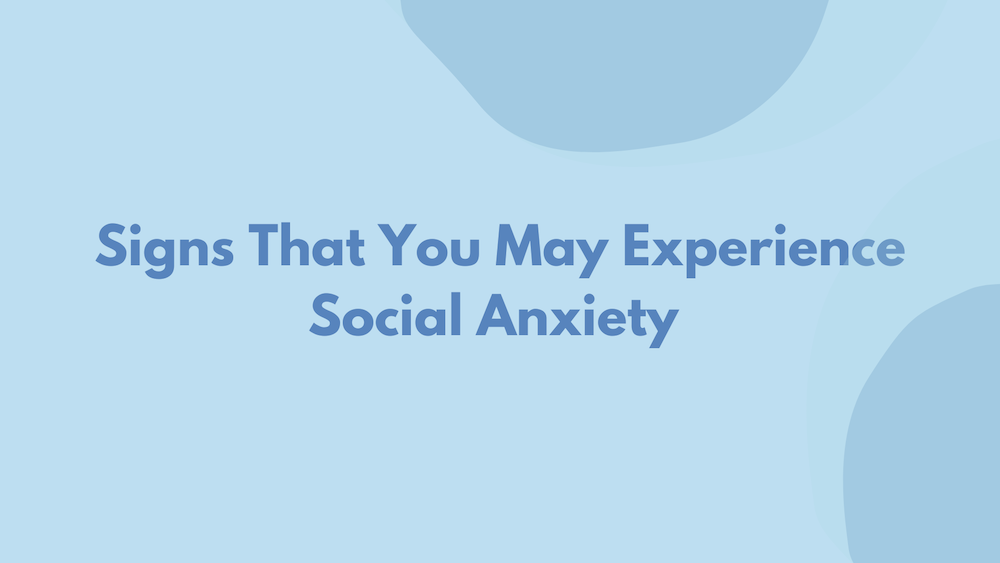What is Social Anxiety?
Social anxiety is the fear of being judged, negatively evaluated, or rejected in a social or
performance setting. Around 11% of the Australian population will experience social anxiety during
their lifetime.
People with social anxiety may worry about acting or appearing visibly anxious. They may also
worry about being viewed as awkward, or boring. When individuals face social situations they may
experience significant anxiety and distress which may lead to avoidance.
Signs that you may experience Social Anxiety:
- Fear of situations in which you may be judged negatively.
- Excessive worry that you will do or say something wrong.
- Worried others will notice you are anxious.
- Fear of talking or interacting with strangers.
- Leaving social situations to avoid anxiety symptoms.
- Intense anticipatory anxiety before a social interaction.
- Analysing and identifying flaws in your social interactions.
- Seeking constant reassurance from others.
- Avoidance of situations where you would need to speak to people or may be the centre of
attention.
- Often expect the worst possible consequence from a negative social experience.
- Physical symptoms of social anxiety may include a fast heart rate, sweating, nausea,
irregular breathing, dizziness, trembling, blank mind, and/or muscle tension.
How does Social Anxiety impact daily living?
The fear that people with social anxiety experience may impact their ability to go to work, attend
school, see friends and family, date, or even do everyday things such as food shopping. Some
individuals may be able to complete these activities, but may experience intense fear or anxiety
when they do.
If you are experiencing social anxiety symptoms, you could try to have an honest conversation
about how you are feeling with someone you trust. If you feel it is starting to cause problems in
everyday life and you feel you are avoiding social situations with friends, family, work or school -
speak to your doctor or a mental health professional to begin to learn coping strategies.

